The “end of the 9/11 era”, the eurozone muddle and Middle East conflicts top this year’s risk index
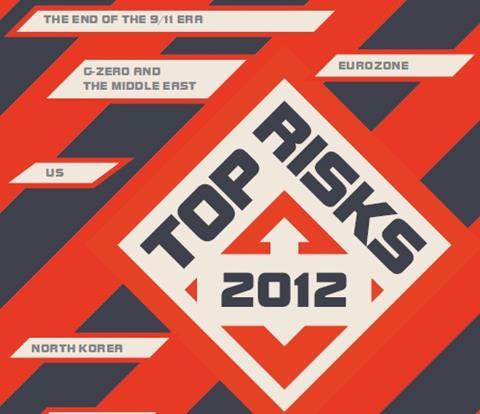
It looks like a nervous start to the year in 2012. At least that’s if you listen to Eurasia Group.
Political risks are dominating the headlines like rarely before and concerns over the global economy are still hurting us, they say. But the eurozone’s possible fragmentation or a Chinese hard landing are not actually what we should be most concerned about, according to this US think tank.
Instead, Eurasia’s Top Risks 2012 emphasises the “end of the 9/11 era” and the challenge of weighing the risks in a world of ever-increasing information and data.
Here are the Eurasia Goup’s Top 10 Risks of 2012 as published on their website:
- The End of the 9/11 Era - Since the 2008 financial crisis, the withdrawal of US troops from Iraq and the death of Osama bin Laden, the model of globalisation has changed. Politics and economics are now in full convergence for the first time in the era of globalisation. Economics is driving geopolitics and politics is moving markets with almost no limitations.
- G-Zero and the Middle East - G-Zero, the inability or unwillingness of major powers to take on new risks and burdens, will mean greater turbulence in the Middle East. As the region grapples with unresolved religious, sectarian and ethnic tensions, continuing protests and the lack of a viable regional security framework, the regime faces enormous challenges.
- Eurozone: the muddle is the risk - The biggest risk for Europe in 2012 is not eurozone fragmentation (a Greece exit) or disintegration (Italian plus Spanish exit), but continued “incrementalism”. This year the eurozone will continue to struggle to achieve any solutions and will most likely avoid a systemic market event, but the risk of the underlying economic problems will not be addressed and uncertainty will remain.
- United States: right after elections - During an undoubtedly ugly presidential campaign Washington will continue to push off tough decisions until the end of the year. But $5 trillion worth of tax and savings decisions must be made in the eight weeks between the elections and the end of the 2012. Firms and investors will need to deal with uncertainty both about their own taxes and government contracts as well as about the impacts of these policies on economic growth through the course of the year.
- North Korea - No one really knows what’s going on inside Korea and that’s more of a risk now than ever. The nuclear state is going through a leadership transition to an heir with too little preparation; likely too little to run the country. It is yet unpredictable what will happen in the coming months and who will take the actual leadership in the country.
- Pakistan: turmoil spillover - Domestic extremism, faltering relations with the US, concerns about India’s intentions in the region are all set against the backdrop of a struggling economy, which means Pakistan will face severe challenges in 2012.
- China: regional tension - Given the country’s rising nationalism, ongoing political transition and the leadership’s unwillingness to resolve debates about China’s role in the world, the risk is high that Beijing will produce unpleasant foreign policy surprises this year.
- Egypt: a transition in trouble - Egypt’s managed transition is at risk this year as the ruling supreme military council is becoming more aggressive and rigid, seeking to limit change. As anger builds between military and civilian political forces, the country faces possible political disintegration. The fallout would be damaging for Egypt’s broader regional role and base-line stability.
- South Africa: populism ascendant - A bitter struggle for leadership of the ruling African National Congress will stand in the way of economic growth, at a time when the eurozone crisis already weighs heavily on South Africa’s trade and its currency.
- Venezuela: a no-win election - The presidential elections in October will define the political risk situation in Venezuela this year. Despite Hugo Chavez’s bad health he is likely to win. Whether or not he will, the outlook for economic policy and political stability remains grim, and is most severe should Chavez die or abandon the race.
Watch Eurasia Group’s CEO being interviewed on these subjects.






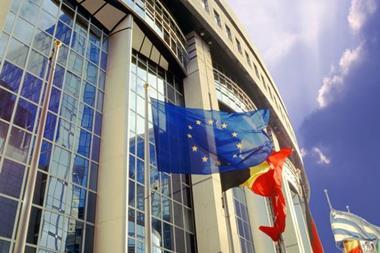
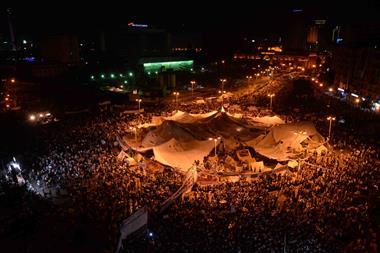
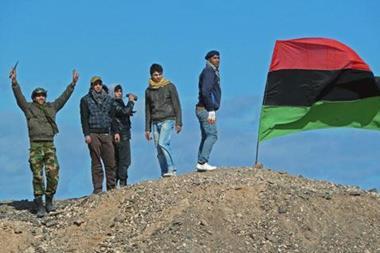
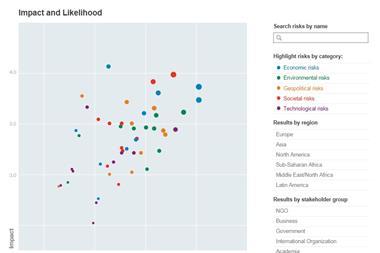
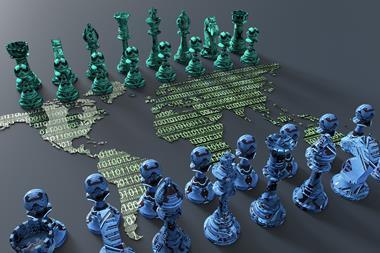

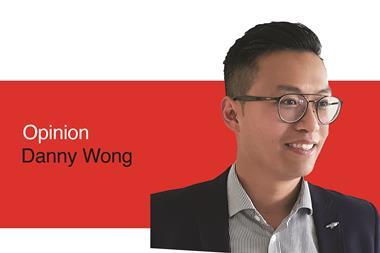

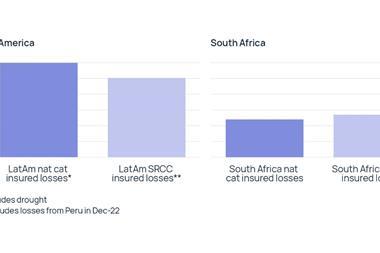
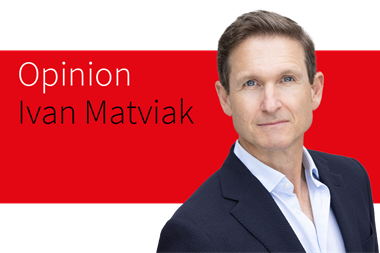



No comments yet